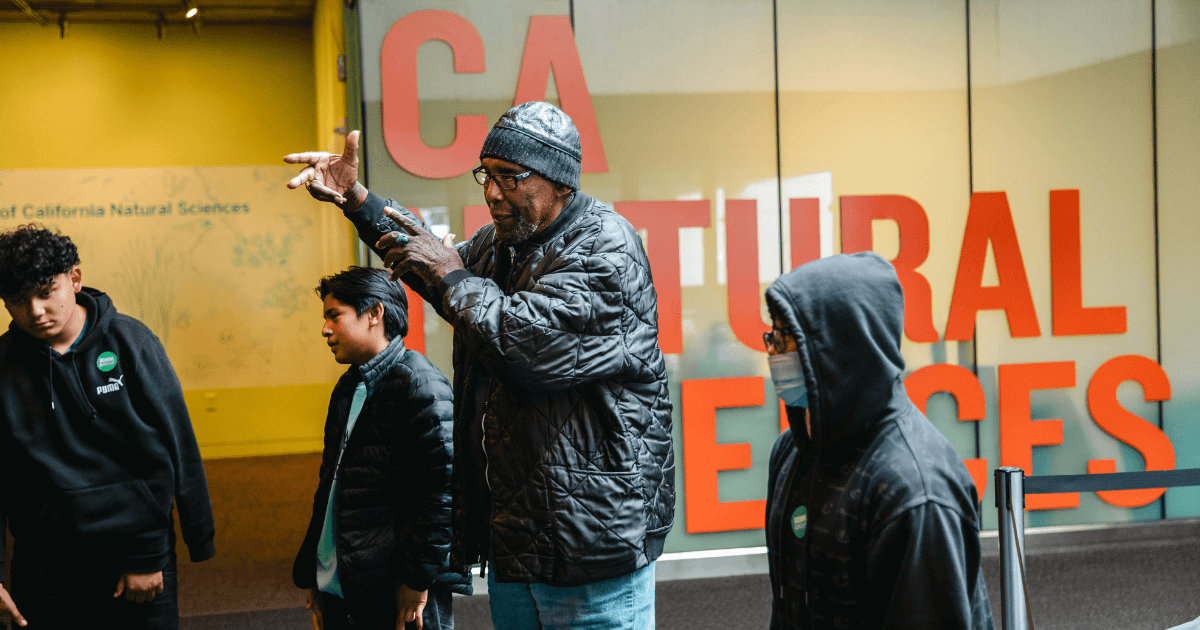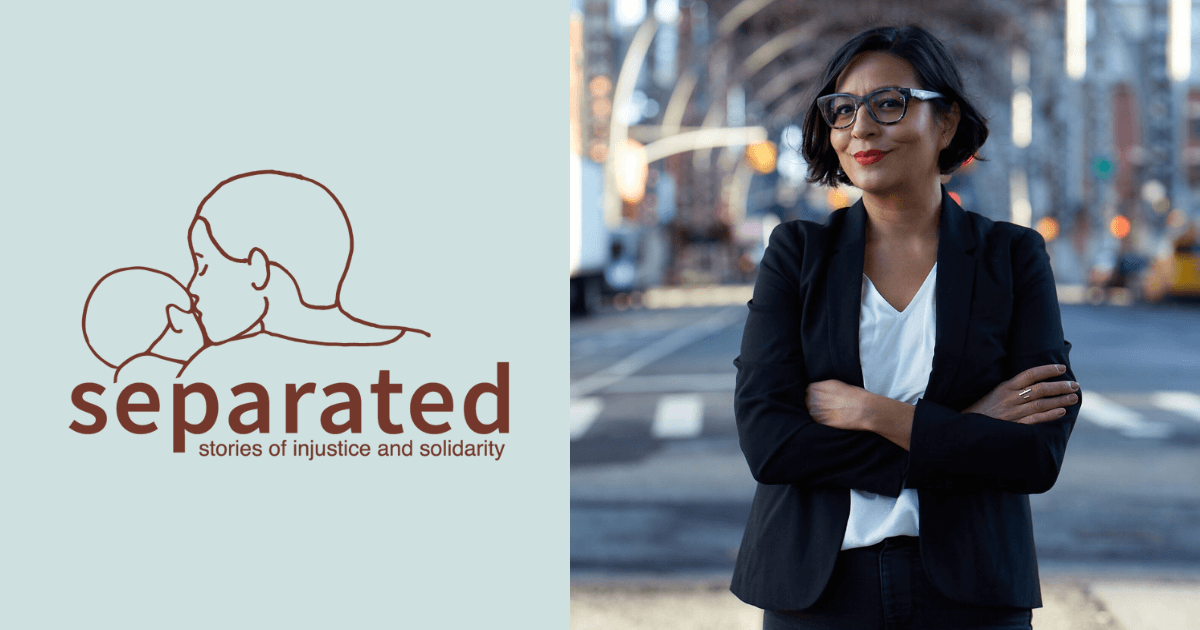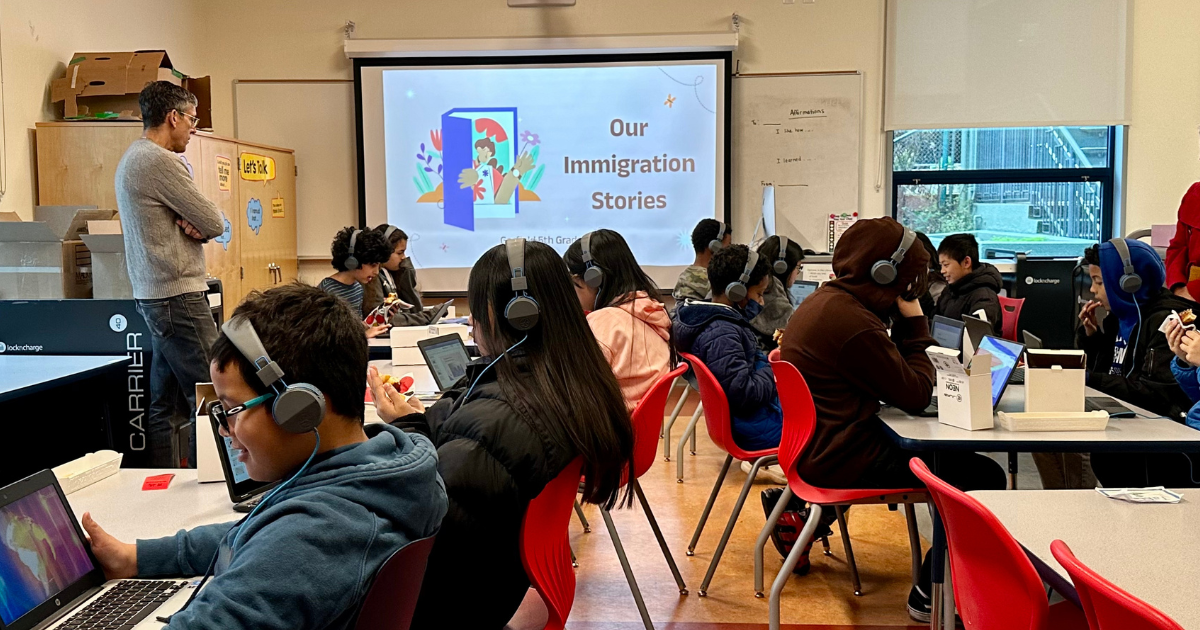Editor’s Note: The “I, Witness” blog series explores the ethics, challenges, and possibilities of teaching and conducting oral history.
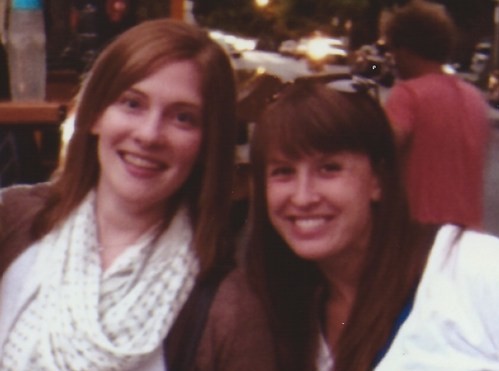
Teachers Mary Ogarek and Lisa Thyer
Lisa Thyer is an English Teacher at Amos Alonzo Stagg High School in Palos Hills, Illinois.
A Tale of Two Everyday Heroes
By Lisa Thyer
Like any good English teachers, my colleague Mary and I were always looking for new ways to engage our students. Oral history seemed like a powerful tool: it would bolster our curriculums with non-fiction writing, allow students to engage with texts on a primary source level, and push them to practice listening, speaking, writing, and editing skills. More than anything, we were drawn to the social justice emphasis of oral history. At the very least, we reasoned, oral history would show our students that the skills we teach in our classrooms are only as valuable as the tasks to which they are applied.
What we didn’t bargain for was just how far outside the classroom this lesson would extend.
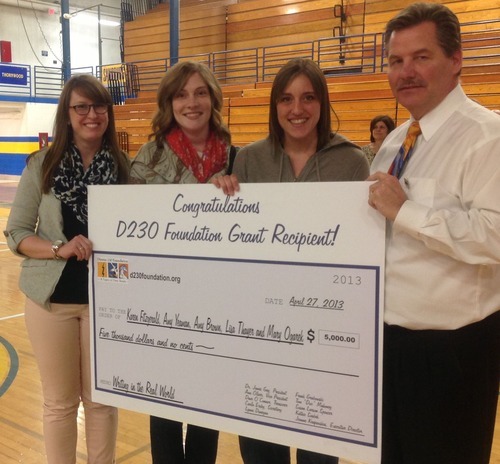
After Voice of Witness Education Program staff conducted a workshop at our school, Mary and I asked our students to apply the empathetic interviewing skills they had learned. They conducted interviews and wrote an oral history essay about an Everyday Hero; those people whom Langston Hughes defined as, “The living heroes who are your neighbors—but who may not look or talk like heroes when they are sitting quietly in a chair in front of you.”
Although the students enjoyed the project, it seemed like any other assignment until we received an email from a student after the passing of his grandfather: “When the class was assigned the interview project at the beginning of the semester, I interviewed my Grandfather. I am glad I did too, because I now have his whole life story because of it. My Grandfather really enjoyed reading that essay. Also, a good friend of the family read it at his funeral for me. Everyone loved it. I am glad I had the opportunity to do that project. So thank you for it.”
Our student’s simple thank you underscored the genuine impact of oral history in the classroom: personal connections to people and their stories can change us. Sadly, this realization took on a new meaning for me personally when Mary was hospitalized in the spring. After being diagnosed with a rare blood disorder that required a liver transplant, Mary contracted an aggressive infection while awaiting her transplant and at the age of only 33, she lost her fight with her disease. Mary’s loss was devastating. Our students lost a beloved teacher, our school lost one of its most dedicated and passionate faculty members, and I lost one of my closest friends. In dealing with her loss, the students and staff turned to stories for comfort. We shared stories about Mary, her influence, her wisdom, and her love for education and life.
In memory of Mary, and in response to the outpouring of stories that helped to bring us together to heal, our school is in the midst of creating our own unique oral history project. What started as an isolated idea among a small group of students and teachers in the English and History departments has become a school-wide initiative. Thanks to the support of our principal and administration, we have begun to plan an oral history collection that seeks to foster empathy by building a connection between our history and our future as a diverse school and community. Ideas include interviewing staff, former students, and community members about their experiences of September 11th (when our school gained national attention for protecting our Middle Eastern students in the face of hate crimes), or the overwhelming student and staff response when Hurricane Katrina displaced a Stagg teacher’s family.
And, of course, we plan to include the stories of those touched by amazing teachers like Mary. Perhaps, as we remember the legacies of those who came before us, we can also support one another as we build a stronger future.

